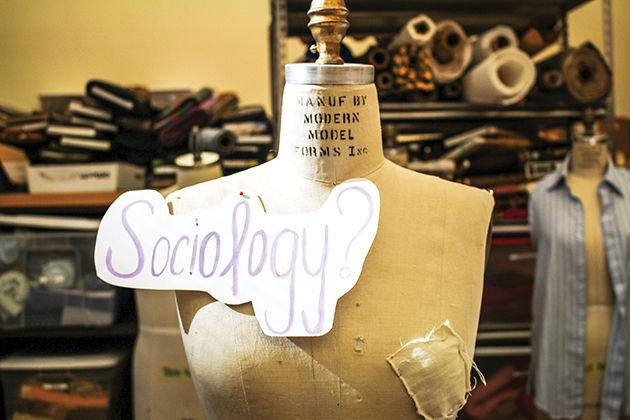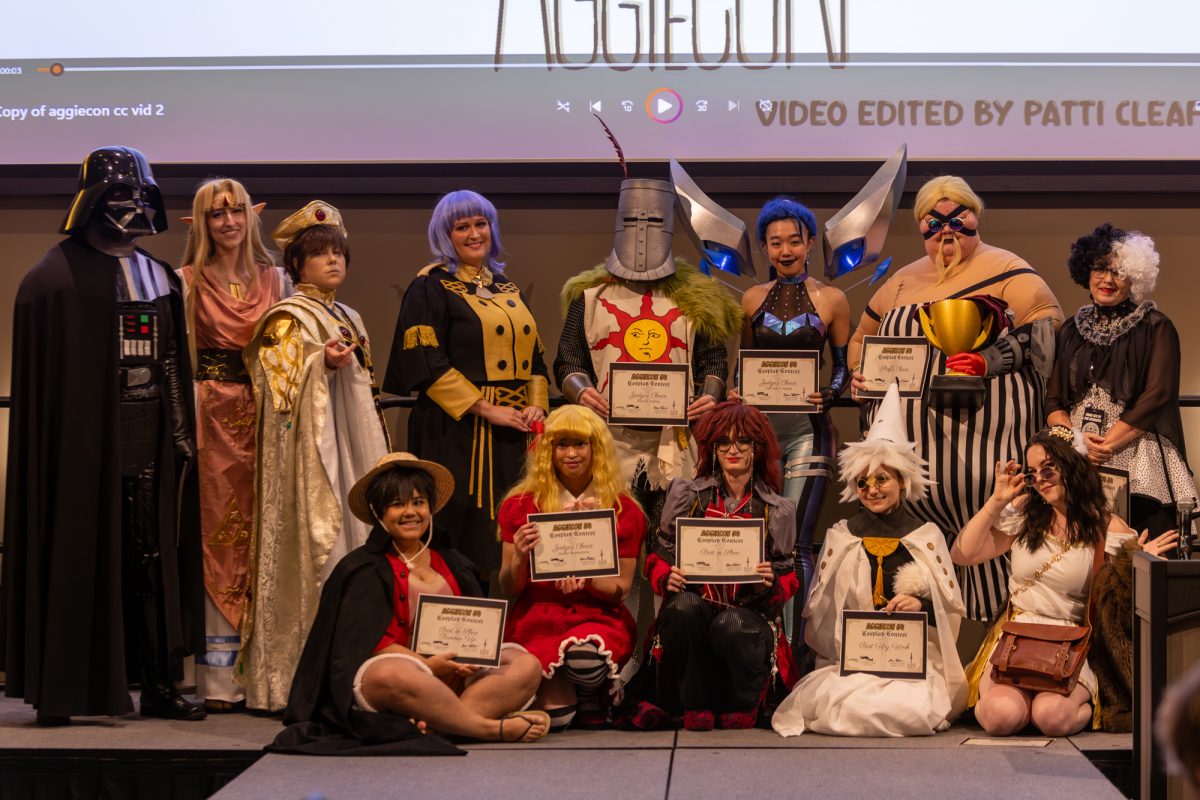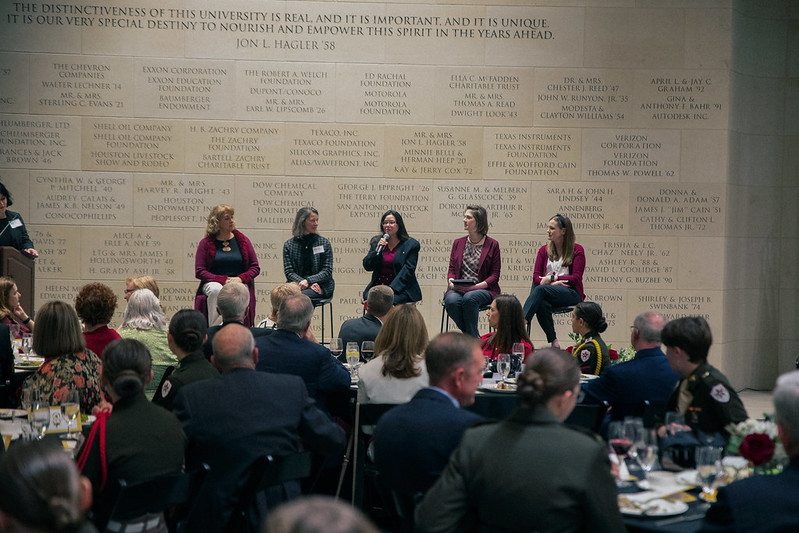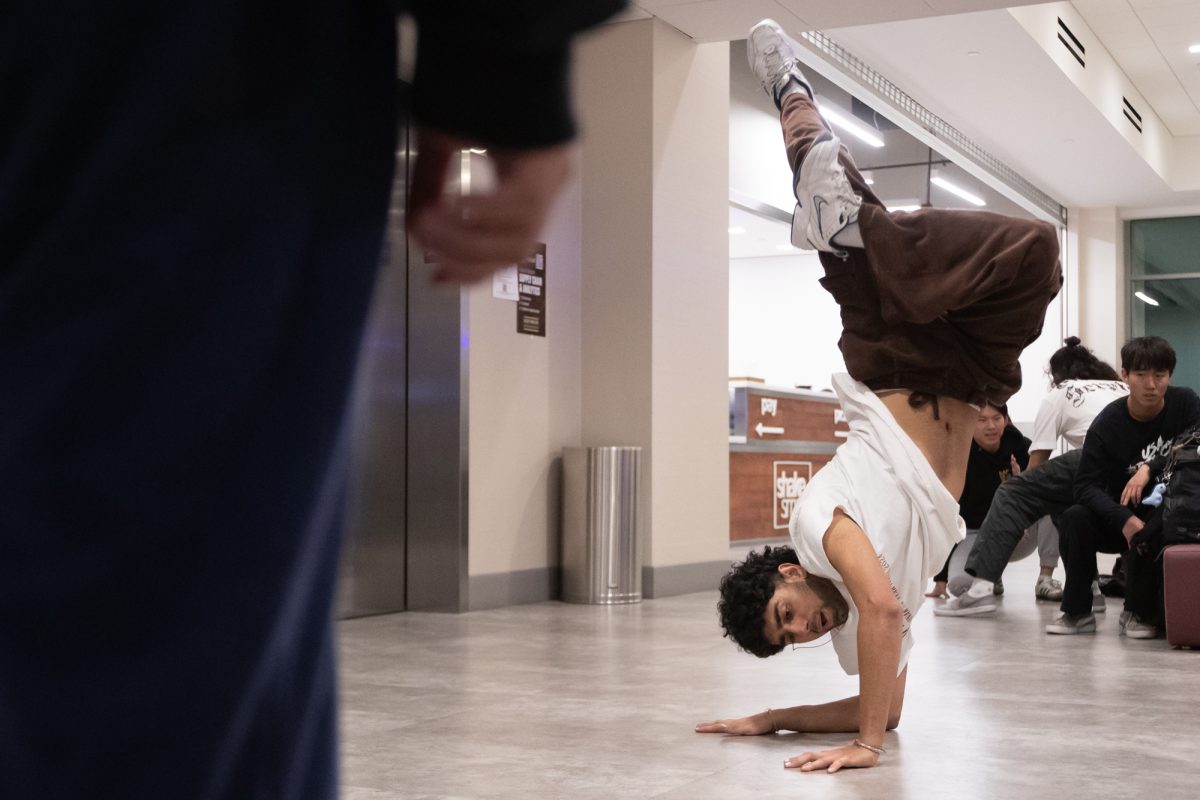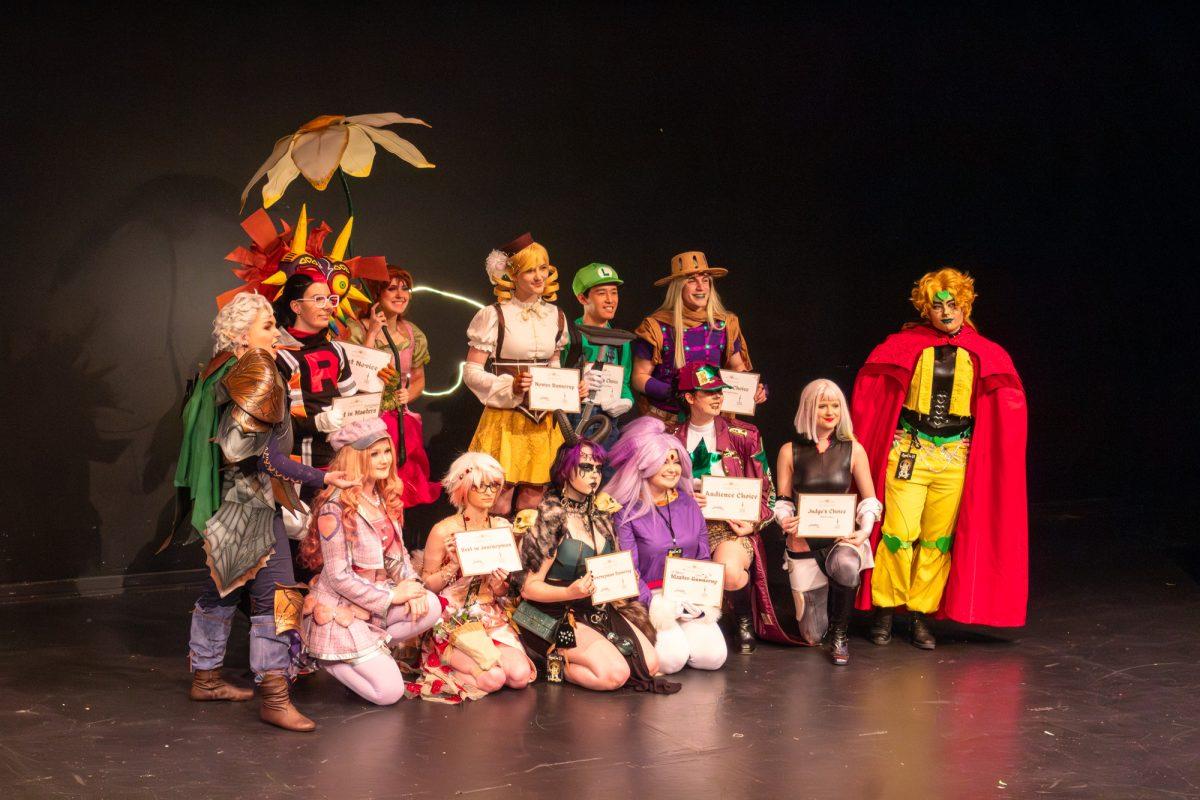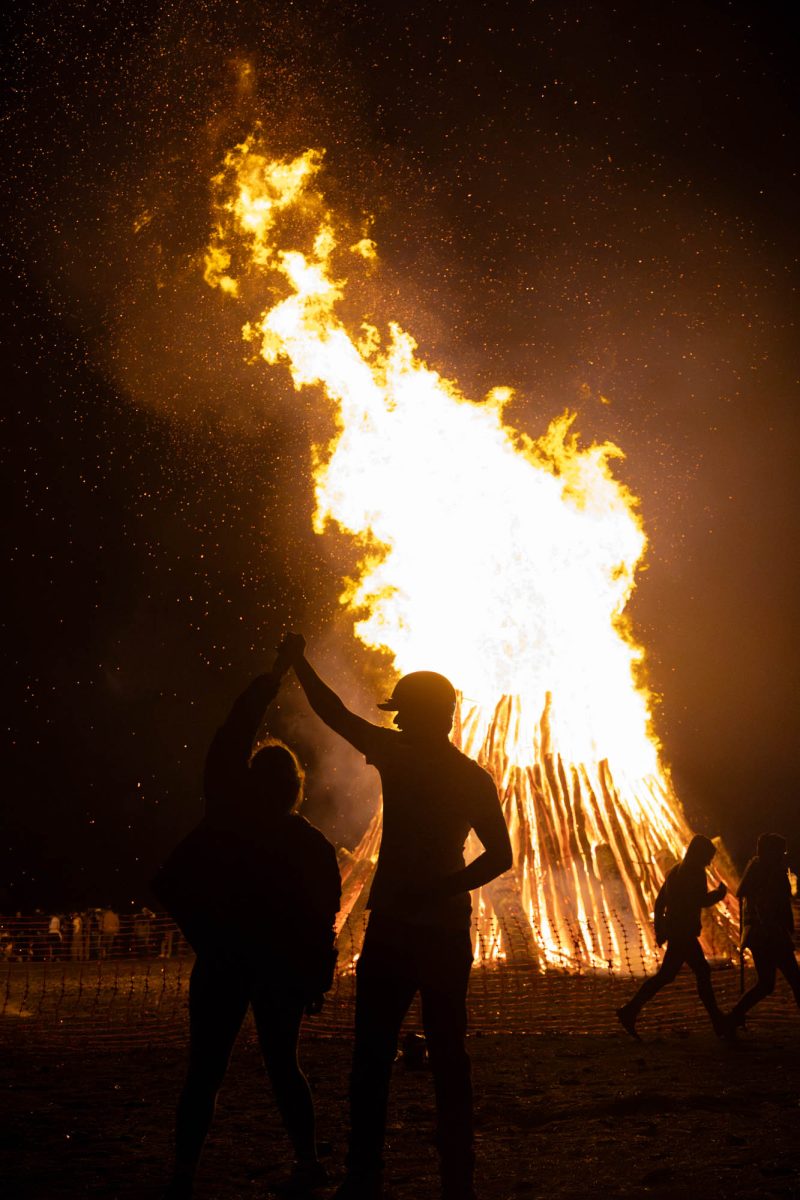As society undergoes reformation throughout the decades, fashion continues to follow suit.
Becky Bacsik, Class of 2015, said she perceives fashion as a way of connecting to and understanding people. With the help of sociology professor Edward Murguia, she hopes to translate her passion for fashion into a sociology course offered to students within the next two years.
Bacsik said the idea started when she was a student in one of Murguia’s sociology classes, but her love of fashion started when she was just 2 years old. She furthered her passion by studying abroad at the London College of Fashion, one of the top-five fashion schools in the world. While there, one of her professors introduced her to a more thorough history of clothing and design.
“My senior thesis paper was the sociology of fashion and rebellion since 1900 through the present,” Bacsik said. “Sociology impacted fashion and vice versa, so I thought it was important for more people to know about it.”
Although the process of getting the course approved is in the early stages, Bacsik said she has already found videos to show in the class. Using her knowledge of print and online magazines, she said she is creating a series of eight to 10 magazines that will showcase the history of fashion from the 20th century to present day, with an emphasis on cultural trends.
Bacsik’s do-it-yourself publishing experience began with the fashion company Haggar Clothing, where she designed a line of menswear and published her first magazine piece.
“For the menswear, they took me to these vintage vaults from the 50s and 60s, and I made it more modern,” Bacsik said. “Their average client is in their 50s and 60s, but they wanted to create a new market for 20 to 30 year olds.”
She said if the class is approved, she will plan for students to study designers like Coco Chanel and Christian Dior, who revolutionized the fashion industry and in turn, society.
“I looked at the feminist movement — it really helped women move out of their typical roles in society,” Bacsik said. “Knit fabric was incorporated into [Coco Chanel’s] design, and it gave women a lot more freedom from 1915 to 1920. Before then, women were wearing corsets and a million layers, and around that time, women felt more empowered. She [revolutionized] female fashion and changed the social views on what women could wear, which is incredible.”
John Kainer, sociology professor, said he believes the class is a creative outlet that is necessary for A&M to continue innovating.
“The university needs to be a place of idle curiosity,” Kainer said. “We should encourage one another to be curious about why things are the way they are or why things have been the way they’ve been. This new class would have the potential to do that.”
Rayna Dexter, history of western dress and dress culture in society professor, said she sees the class as a way to expand on the fashion-related course list currently offered at A&M.
In addition to being the advisor for the A-Line Aggies and a costume designer, Dexter has also created a class that revolves around dress culture in society. She said Bacsik’s course can supplement the content of her class.
“In history of western dress, I don’t have time to get into the 20th and 21st century, so it will be interesting to see what they are doing in their classes so kids can take both, even if they do not have any overlap,” Dexter said.
Grace Dusek, marketing senior, said the course sounds interesting, but if it is approved, it will probably not have an effect on the culture of the university.
“It would just be a really slow process,” Dusek said. “It just takes so many resources to have studios, and there are so many levels to it. I don’t see it happening, because we do not have anything in place now, but it would definitely start the conversation and would bring the people interested in [fashion] all together.”
Whether or not the course is approved, Dusek said the idea of it starts a conversation that is good for campus.
“Fashion played a direct role in changing people’s perspectives, and I think it is so important to have the sociology behind it, because it helps people start conversations and allows us to have a direct contact to political, global and psychological issues like labor exploitation and excess production,” Dusek said.
Bacsik said she hopes the approval of this course will initiate an appreciation for how fashion affects people’s lives.
“I can’t change people, but I can hopefully change the way they think, and give them something to think about,” Bacsik said.




